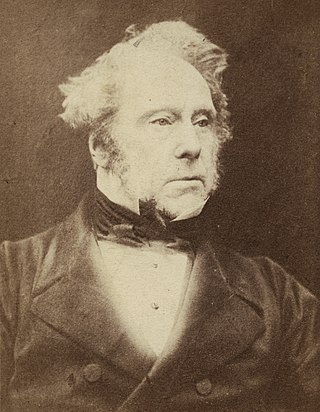
The Parliament of the United Kingdom of Great Britain and Northern Ireland is the supreme legislative body of the United Kingdom, and may also legislate for the Crown Dependencies and the British Overseas Territories. It meets at the Palace of Westminster in London. Parliament possesses legislative supremacy and thereby holds ultimate power over all other political bodies in the United Kingdom and the Overseas Territories. While Parliament is bicameral, it has three parts: the sovereign, the House of Lords, and the House of Commons. The three parts acting together to legislate may be described as the King-in-Parliament. The Crown normally acts on the advice of the prime minister, and the powers of the House of Lords are limited to only delaying legislation.

The New Zealand Parliament is the unicameral legislature of New Zealand, consisting of the Sovereign (King-in-Parliament) and the New Zealand House of Representatives. The King is usually represented by his governor-general. Before 1951, there was an upper chamber, the New Zealand Legislative Council. The New Zealand Parliament was established in 1854 and is one of the oldest continuously functioning legislatures in the world. It has met in Wellington, the capital of New Zealand, since 1865 and in its current building since 1922.

The 1865 United Kingdom general election saw the Liberals, led by Lord Palmerston, increase their large majority over the Earl of Derby's Conservatives to 80. The Whig Party changed its name to the Liberal Party between the previous election and this one.
Thetford was a constituency of the British House of Commons. It elected two Members of Parliament (MPs) by the bloc vote system of election. It was disenfranchised under the Representation of the People (Scotland) Act 1868, which had resulted in a net increase of seven seats in Scotland, offset by the disenfranchisement of seven English Boroughs.
Northampton was a parliamentary constituency, which existed until 1974.
Northern West Riding of Yorkshire was a parliamentary constituency covering part of the historic West Riding of Yorkshire. It returned two Members of Parliament (MPs) to the House of Commons of the Parliament of the United Kingdom, elected by the bloc vote system.
John Greene was an Irish landowner and politician from County Kilkenny.
The 1878 Middlesbrough by-election was a parliamentary by-election held on 5 July 1878 to elect a new Member of Parliament (MP) for the British House of Commons constituency of Middlesbrough in the North Riding of Yorkshire.
Lieutenant-General Sir William Russell, 2nd Baronet, was a British Army officer who served in the Crimean War and in the suppression of the Indian Rebellion of 1857, and then became a Liberal Party politician. He was a Member of Parliament (MP) for Dover from 1857 to 1859, and for Norwich from 1860 to 1874.
The 3rd New Zealand Parliament was a term of the Parliament of New Zealand. Elections for this term were held between 12 December 1860 and 28 March 1861 in 43 electorates to elect 53 MPs. Two electorates were added to this during this term, Gold Fields District and a new Dunedin electorate created by splitting the existing City of Dunedin into Dunedin and Suburbs North and Dunedin and Suburbs South, increasing the number of MPs to 57. During the term of this Parliament, six Ministries were in power.
John Fleming, from Bigadon in Devon, was a British Conservative Party politician who sat in the House of Commons as a Member of Parliament (MP) for Devonport for less than a year before his election was overturned.



